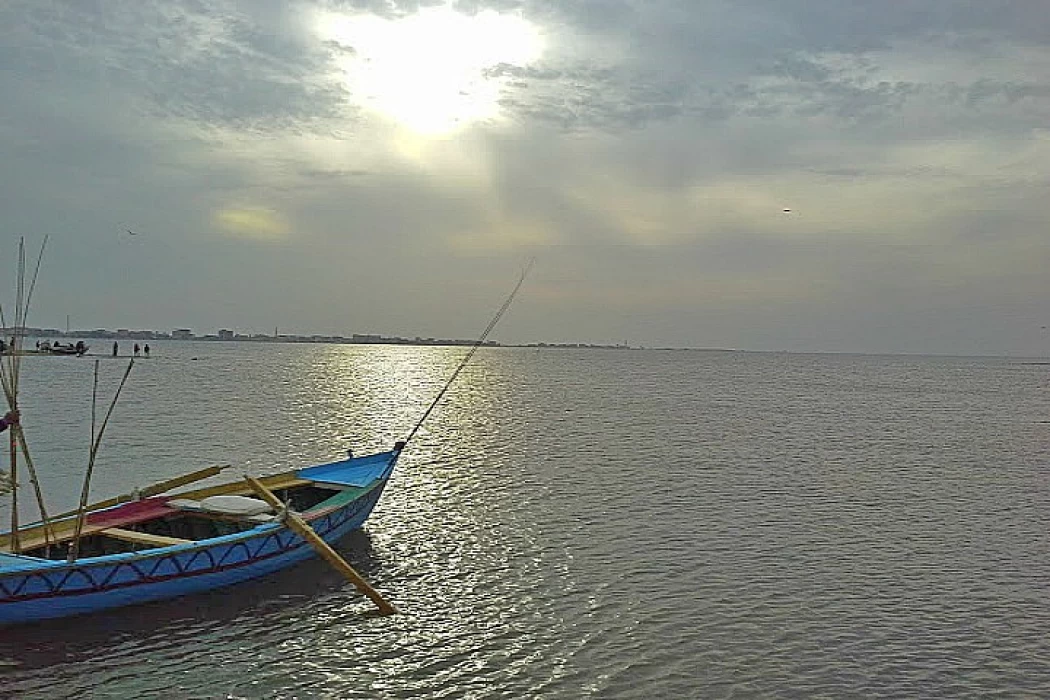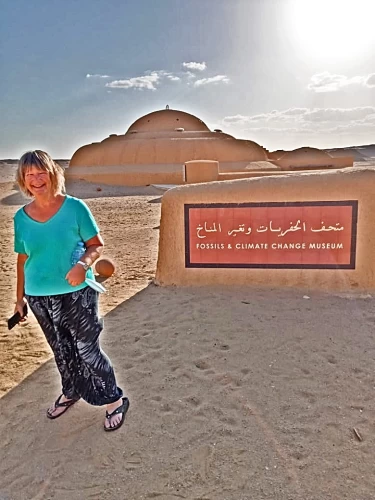
Lake Qarun in Egypt
Knowledgeable information on Egypt's Lake Qarun
Situated southwest of Cairo in the desert area of Fayoum, Qarun Lake—also called Moeris Lake in antiquity—is a sizable lake in Egypt. This lake is significant to the area's environment, history, and economics. The Fayyum region is named after the brackish lake that occupies the center of the depression. It was once called Pa-Yom (the sea) in ancient Egyptian. Copts made it Phiom, from which derives the modern name. Lake Moéris once occupied almost the entire region of Fayum.
Only the site of the present-day Madinet Al-Fayum emerged. The To-sha (land of the lake) was a swampy place under the Old Empire, where Pharaoh liked to come fishing and hunting. The first developments date from the Middle Empire. Partly dried up by Amenemhat III who did extensive irrigation work on the lake, it was restored to its present proportions by Ptolemy II.
Water-related Activities
Numerous chances for water sports are provided by Lake Qaroun. Lake Qaroun provides opportunity for both land and water exploration. Hiking in the vicinity will show you stunning desert vistas, verdant palm groves, and charming towns. Meeting the locals and learning about their customs is a wonderful chance.
Interesting archeological sites may also be found in the Fayyum area, which is home to Lake Qaroun. You may explore the temple of Qasr Qaroun or the ancient remains of Karanis in addition to visiting the lake. While visiting Egypt, this is the ideal chance to combine history with the natural world.Get away from the bustle of large towns and enjoy the peace and quiet that Lake Qaroun has to offer.















